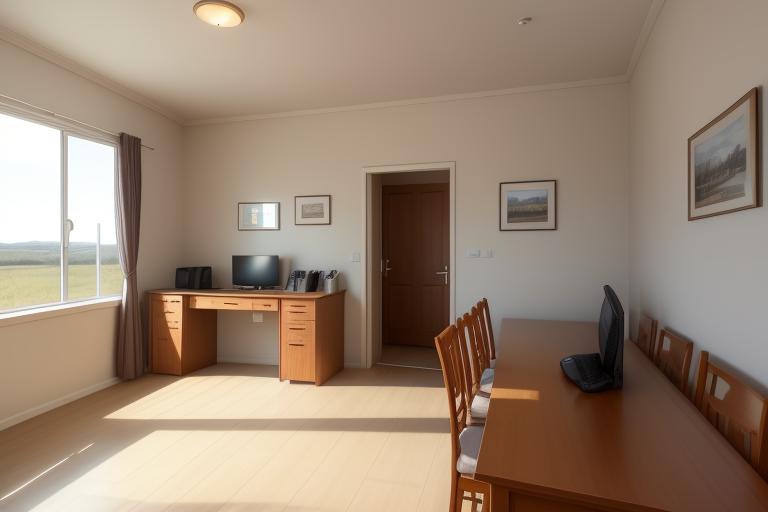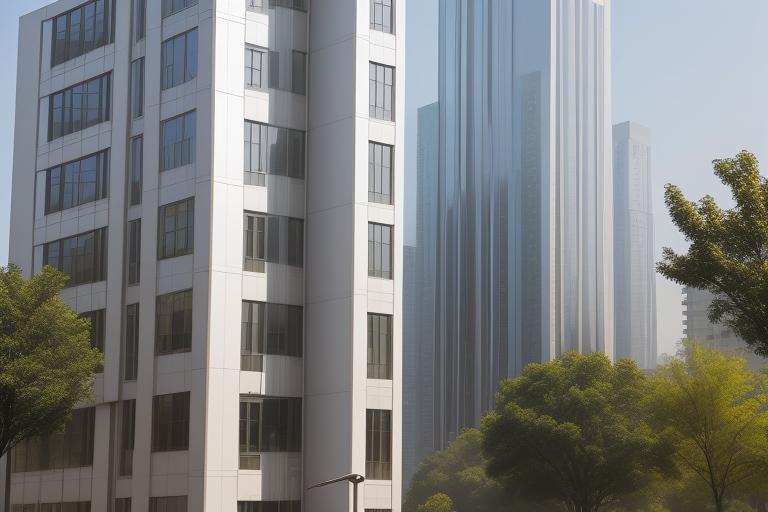In the swirling economic saga of 2021, China has shown a unique pattern. The Fixed Asset Investment (FAI) from January to August showed an upward tick, but the property market took a downturn. In this article, we examine these two contrasting trends and what they mean for the Chinese economy.
An Upturn in China’s Fixed Asset Investment

According to the National Bureau of Statistics of China, the FAI (excluding rural households) reached 39,209.6 billion yuan from January to August, a year-on-year growth of 8.9%. This surge indicates a focused investment in infrastructural development, acting as a cushion against potential economic fluctuations.
A Closer Look at the FAI Growth

The growth in FAI features a renewed interest in the manufacturing sector. However, it also reflects a shift towards a more balanced economic expansion that aligns with China’s ‘dual circulation’ strategy, leveraging both domestic and international resources for growth. The figures suggest success in this strategy, with a steady recovery post-pandemic.
The Downturn in Property Market

Meanwhile, China’s property market faced headwinds. Property investment increased only by 12.0% year-on-year, experiencing a slowdown of 0.7 percentage points from January to July. The sales of commercial buildings decreased by 15.8%, compounding the issues facing the property sector.
Why the Dip in Property?

The slowdown can be attributed primarily to government restrictions aimed at preventing a property bubble. This included higher mortgage rates and tighter loan quotas. These measures, coupled with a series of defaults by major real estate companies, led to this downturn.
Implications for the Chinese Economy

Despite the decreased pace in property investment, the FAI gains create a positive economic outlook. As China continues to stimulate its infrastructure and manufacturing, the temporary setbacks in the property sector won’t outweigh these investment triumphs.
